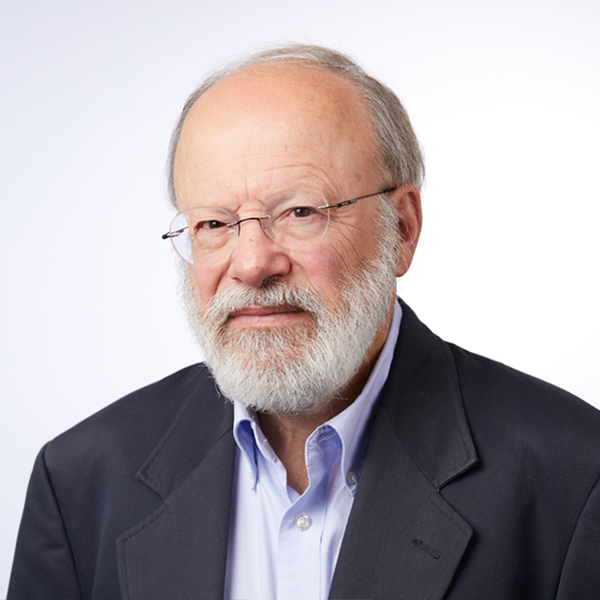
George Annas, who died on May 31st after a brief illness at the age of 79, was a friend, a mentor and, as is rare in my experience in academia, a man with a combative style encased in an engaging sense of humor. Many times in my career he appeared, unsolicited, to provide advice, correction, or a wisecrack as needed. He was a brilliant communicator, an intellectual pioneer, a polymath, devoted to justice for all, and a key figure in crossing boundaries in bioethics. In any intellectual dispute George held his ground while listening carefully to those who disagreed with him, always ready to adjust and tweak his thinking. Importantly, his students and junior colleagues loved him—the highest honor a teacher can receive. Most importantly, he had a wonderful wife, Mary, and a close-knit family who were willing to indulge and tolerate him—the highest honor anyone can achieve.
George was born in St. Cloud, Minnesota. When I moved to teach at the University of Minnesota in the late 1980s I told him I actually had been to St. Cloud for a speaking engagement. His reaction did not betray a huge fondness for his old hometown. He left the frigid plains of Minnesota for Harvard, where he received his undergraduate, law, and public health degrees. He seemed to relish Boston, his home in Newton, and (my home state) of Massachusetts. After law school, he clerked for Justice John V. Spalding of the Massachusetts Supreme Judicial Court. Then in 1982, he joined the Boston University School of Public Health, where he taught health law and bioethics for more than 40 years, eventually becoming the William Fairfield Warren Distinguished Professor at BU and the Director of the Center for Health Law, Ethics and Human Rights.
George was one of the persons who brought the law squarely into bioethics. He did this by writing a regular column for the Hastings Center report and, later, an influential and incisive regular column for the New England Journal of Medicine, a gig which he said to me many times was the writing opportunity he most desired. He used the platform deftly, often reminding physicians that their fear of lawsuits in areas such as malpractice, which he noted many times was provoking far too much defensive medical practice, good Samaritan interventions, and managing end-of-life care, was vastly out of proportion to the reality of their risk. Early on, he flagged emerging issues in genetics, transplantation, and reproductive technologies, though his efforts were not always greeted with enthusiasm. As only he could, he got into a fight over his very first column with the legendary medical giant and NEJM editor Franz Ingelfinger and survived. Indeed, he deftly steered his way through more than a hundred often pioneering contributions, standing his ground with a series of editors and even a few times with the owner of the New England Journal, the Massachusetts Medical Society.
He did important work with his colleague and friend the physician/bioethicist Mike Grodin on the Nuremberg Code and the response to Nazi medical crimes. He dedicated a huge portion of his work and advocacy to human rights, reflected in his books The Rights of Patients: The Authoritative ACLU Guide to the Rights of Patients, which was published from 1989 to 1998, and Some Choice: Law, Medicine, and the Market.
During his career, George lectured throughout the world, including in Europe, Africa, Asia, and Australia. His life and career were dedicated to ensuring that humanity commit to the principles in evidence in the WMA Code of Medical Ethics and the Universal Declaration of Human Rights in order to both avoid repeating the horrors of the past and to strive to create a more just world. In 1996, George co-founded Global Lawyers and Physicians, which focuses on lawyers and doctors working together for health, social justice, and equality.
George was a major figure in shaping American law and medical practice. He used to jokingly say that he was merely an observer of events. That is so, but he was an especially keen observer and as a result a visionary.
Arthur Caplan, PhD, is the Drs. William F. and Virginia Connolly Mitty Professor of Bioethics at the Division of Medical Ethics, NYU Grossman School of Medicine.